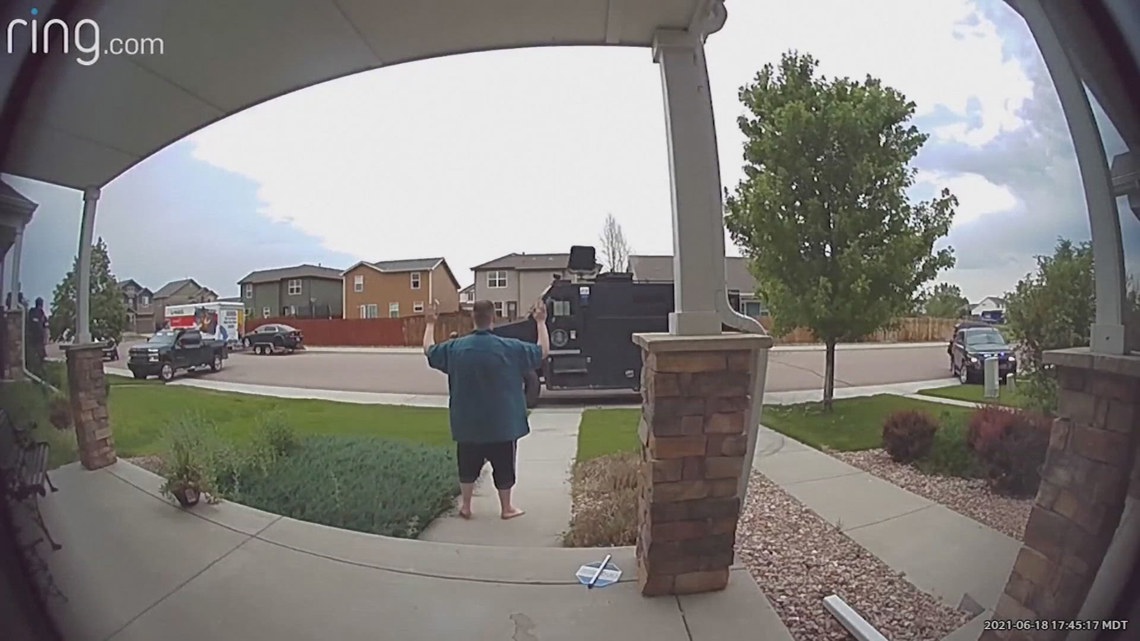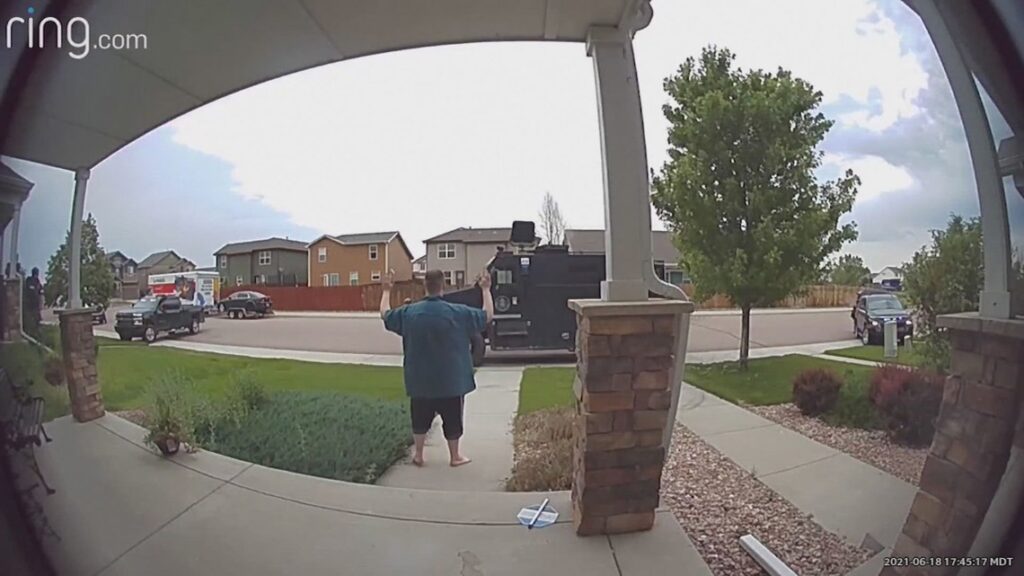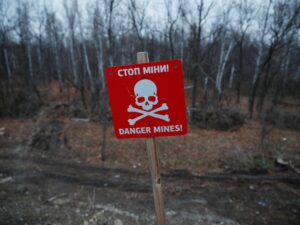
Colorado’s red flag law allows some groups of people to petition to have someone’s guns taken if they’re a danger. There’s no requirement they act.
DENVER — A lawsuit filed this week from shooting survivors and the families of some of those killed claims the owners of Club Q and El Paso County’s leaders could have done more to prevent the shooting. The complaint blamed the club’s owners for not having better security that night, after an attack at an LGBTQ nightclub, Pulse, in Florida in 2016. It also blamed the El Paso County Sheriff and county commissioners for not using Colorado’s red flag gun law to disarm the shooter despite an arrest in 2021.
Colorado’s red flag law allows family members, teachers, medical or mental health workers, or law enforcement to petition to have someone’s guns taken if they’re a danger. There’s no requirement they act.
The shooter killed five people and injured dozens of others two years ago at Club Q. Soon after the attack there were questions about whether police and deputies could have used the red flag law to prevent it. That’s because the shooter had been arrested in 2021 for threatening their grandparents and vowing to become the next mass killer.
The charges were dropped after witnesses didn’t cooperate. The El Paso County Sheriff’s office didn’t file a red flag petition which is also known as an extreme risk protection order (ERPO).
“ERPOs are sort of a tool in a toolkit of violence reduction strategies that law enforcement have available to them,” said Leslie Barnard, a professor at the Colorado School of Public Health.
“We’re both part of the entry and Violence Prevention Center, and so we care a lot about suicide prevention, homicide prevention,” said Ashley Brookers who is also a professor at the Colorado School of Public Health.
The women cannot speak to the lawsuit filed this week by survivors of the Club Q shooting, but they have studied and reviewed the impact of the state’s red flag laws.
“The majority of petitions, as with other states are filed by law enforcement officers,” said Barnard.
Most petitions to take away someone’s gun are filed by police. State law doesn’t mandate law enforcement to do so.
Survivors and loved ones of those killed would have to overcome a law that protects governments from civil suits and then convince a judge or jury that a red flag petition would’ve stopped the shooting.
CU Anschutz is currently surveying police to get their input on the petition process.
“We are trying to understand how ERPOs fit into that toolbox. and what we can do to help them understand when they are appropriate or how to make them easier to use,” Barnard said.
A protection order was filed in that 2021 case against the shooter which prohibited them from having guns. The El Paso County Sheriff’s Office said a red flag petition on top of that wasn’t necessary. Then the charges were dismissed. The sheriff’s office said they had no facts to refer to for a red flag petition because the case had been sealed.











More Stories
Students say substitute bus driver abandoned 40 kids during bus ride home
An A-Z of the children Israel killed in Gaza
In India’s tribal-dominated Jharkhand, BJP labels Muslims as ‘Bangladeshis’